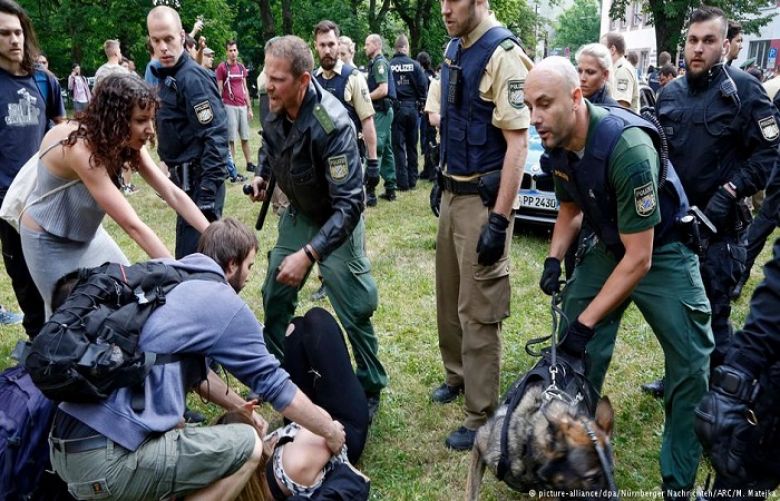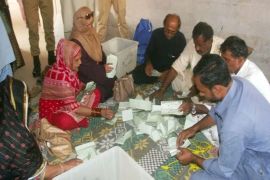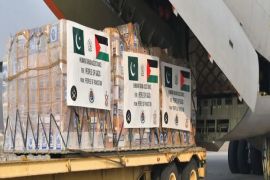Germany's deportation policy is under renewed criticism after police clashed with students over the deportation of their Afghan classmate. It came the same day as a massive bombing in Kabul highlighted security.
Students clashed with police at a school in the German city of Nuremberg on Wednesday after authorities picked up an Afghan refugee for deportation, drawing renewed criticism over the government's controversial policy of deporting people back to the war-torn country.
Police took the 20-year-old Afghan from the classroom at a vocational school to bring him to a deportation center, triggering spontaneous protests from several hundred fellow students.
Nine police officers were injured and five people were taken into temporary custody in the ensuing scuffle, which saw police use pepper spray and dogs against some protesters hurling bottles and blocking patrol cars.
Pictures of the clashes spread quickly on social media.
The spontaneous demonstration quickly spread on social media and moved to the immigration office in the center of the city. Later demonstrations were not violent and moved to the city's Foreigners Office.
Police were able to take the Afghan into custody. A judge on Thursday will rule whether he will be deported.
He has reportedly been in Germany for four years and according to students and teachers was well-integrated and had good prospects for an apprenticeship.
The protest prevented police from leaving the school for several hours.
The events in Nuremberg came the same day as a massive truck bomb targeted the heavily guarded diplomatic zone in the Afghan capital, damaging the German Embassy and killing nearly 90 people and wounding hundreds.
Germany has controversially labeled parts of Afghanistan a so-called "safe country of origin," paving the way for the deportation of thousands rejected asylum-seekers. So far, five flights have taken 106 rejected asylum seekers back to Afghanistan. A flight scheduled for Wednesday was postponed due to the bombing in Kabul.
Migration and integration are major political issues heading into federal elections in September.
Wednesday's forced deportation attempt in Nuremberg drew renewed criticism from opposition politicians, churches and civil society, who called for a review of the government's deportation policy in light of the security situation in Afghanistan.
"The federal government must urgently rethink its decision to deport people to Afghanistan," said Nuremberg ayor UlMrich Maly, whose Social Democrats are the junior coalition partner with Chancellor Angela Merkel's CDU at the federal level. "Pulling a student out of the classroom is unacceptable."
The regional Protestant bishop, Heinrich Bedford-Strohm, wrote on Facebook that the incident should be taken as a "warning sign" and reason to rethink deportation policy.
Jörg Alt from the Jesuit Order pointed his criticism directly at the Christian Social Union (CSU), the Bavarian sister party of Merkel's CDU. He said the CSU's deportation stance has "nothing to do with being 'Christian' or 'social.'"
But the CSU, which has pushed for tighter immigration policies, defended its position.
Bavaria's state interior minister, Joachim Herrmann, said Wednesday the terror attack in Afghanistan was "horrible but must not lead to an end of deportations."
Responding to the tumult in Bavaria, CSU head Horst Seehofer, spoke of "difficult decisions" for every deportation.
"We must, on the one hand, see if integration works, and, on the other hand, we must be careful not to create massive new refugee flows," he said, adding that individual asylum cases should be better examined.







